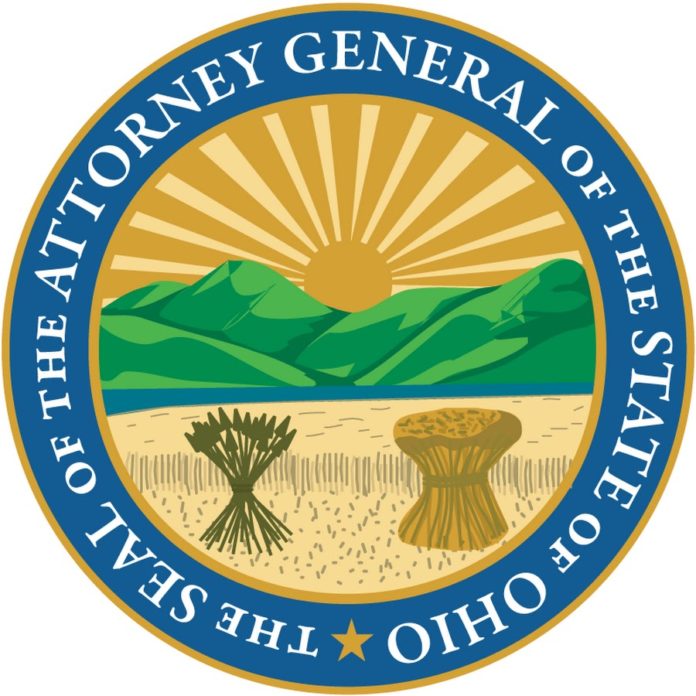(COLUMBUS, Ohio) – Ohio Attorney General Dave Yost today alerted creditors and financial institutions that COVID-19 stimulus checks are protected under existing Ohio law from bill collectors and exempt from state and federal attachment, garnishment or execution.
“The stimulus checks were intended to be used during an emergency – to put food on the table, keep the lights on, and a roof over our heads,” Yost said. “It wasn’t meant to pay off an old bill.”
Yost said he is sending notices to relevant entities as well as posting the notice on his website. He pointed out that Ohio Revised Code 2329.66(A)(12)(d) applies to payments under the Coronavirus Aid, Relief, and Economic Security (CARES) Act:
- A payment in compensation for loss of future earnings of the person or an individual of whom the person is or was a dependent, to the extent reasonably necessary for the support of the debtor and any of the debtor’s dependents.
While the CARES Act does not allow for stimulus checks to be garnished for debts owed to federal or state governments, there is no current federal provision banning private debt collectors from doing the same – which is why Yost said he issued the notice about state law.
“Sometimes, state law gives greater protection than federal law,” he noted.
The CARES Act does allow for stimulus checks to be garnished in cases where people are behind on child-support payments.
Yost also today signed a letter joining 24 other attorneys general and the Hawaii Office of Consumer Protection, requesting that the Department of the Treasury take immediate action under its regulatory authority to ensure that emergency monetary relief authorized by the CARES Act will not be subject to garnishment by creditors or debt collectors.





















